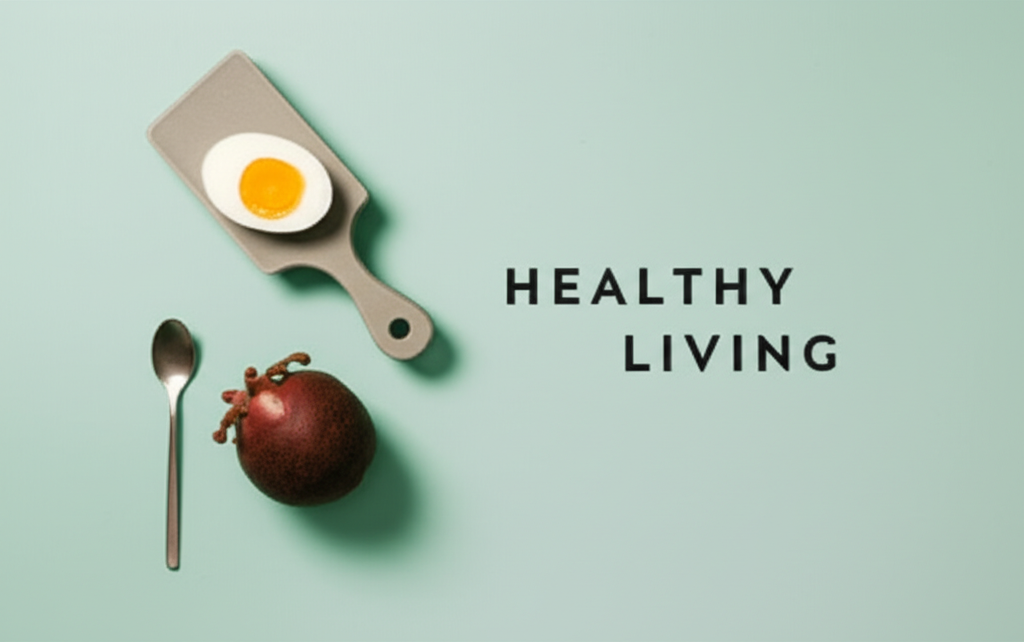
Self-Care Routines That Actually Work for Young Adults
Being a young adult is tough. Juggling school, work, relationships, and trying to figure out who you are can be overwhelming. It's easy to let self-care fall by the wayside, but neglecting your well-being can lead to burnout and decreased quality of life. That's why establishing a self-care routine that works for you is crucial. This isn't about luxurious spa days (although those are nice!), it's about incorporating small, manageable practices into your daily or weekly schedule that help you recharge and manage stress.
This blog post will explore various self-care strategies tailored to the unique challenges faced by young adults. We'll delve into practical tips, actionable advice, and real-life examples to help you build a self-care routine that truly makes a difference.
Understanding Your Needs: The Foundation of Effective Self-Care
Before jumping into specific routines, it's important to understand what truly nourishes you. Self-care isn't a one-size-fits-all approach. What works wonders for one person might be completely ineffective for another. Consider these questions:
- What are my biggest stressors? (School, work, relationships, finances?)
- What activities make me feel relaxed and rejuvenated? (Reading, listening to music, spending time in nature?)
- What are my physical needs? (Enough sleep, healthy diet, regular exercise?)
- What are my emotional needs? (Feeling supported, expressing emotions healthily, setting boundaries?)
- What are my mental needs? (Mindfulness, creative expression, learning new things?)
By honestly assessing your needs, you can create a personalized self-care plan that effectively addresses your specific challenges.
Practical Self-Care Strategies for Young Adults
1. Prioritize Sleep: The Cornerstone of Well-being
Sleep deprivation is a common problem among young adults, often fueled by late nights studying, working, or socializing. However, sufficient sleep is non-negotiable for both physical and mental health. Aim for 7-9 hours of quality sleep each night. Establish a regular sleep schedule, create a relaxing bedtime routine, and optimize your sleep environment for darkness and quiet.
2. Nourish Your Body: The Fuel for Success
Eating a balanced diet is essential for energy, focus, and overall well-being. Focus on incorporating fruits, vegetables, whole grains, and lean protein into your meals. Limit processed foods, sugary drinks, and excessive caffeine. Remember that proper nutrition fuels your body and mind, allowing you to tackle daily challenges with greater ease.
3. Move Your Body: Stress Relief and Energy Boost
Regular physical activity is crucial for both physical and mental health. Find activities you enjoy, whether it's dancing, yoga, hiking, or simply a brisk walk. Even short bursts of exercise throughout the day can make a significant difference. Physical activity releases endorphins, reducing stress and improving mood.
4. Mindfulness and Meditation: Taming the Mental Chatter
In today's fast-paced world, it's easy to get caught up in a whirlwind of thoughts and anxieties. Mindfulness and meditation techniques can help you quiet your mind, reduce stress, and improve focus. Even 5-10 minutes of daily meditation can significantly impact your mental well-being.
5. Connect with Others: The Power of Social Support
Human connection is essential for emotional well-being. Make time to connect with loved ones – family, friends, or significant others. Share your experiences, listen to others, and nurture your relationships. Strong social connections provide a support system that helps you cope with stress and challenges.
6. Set Boundaries: Protecting Your Time and Energy
Learning to set healthy boundaries is a crucial self-care skill. Say no to commitments that drain your energy or compromise your well-being. Protect your time and prioritize activities that bring you joy and fulfillment. Saying no to some things allows you to say yes to the things that truly matter.
7. Engage in Hobbies: Unleashing Your Creativity and Passion
Dedicate time to activities you enjoy, whether it's painting, playing music, reading, writing, or gardening. Hobbies provide a creative outlet, reduce stress, and promote a sense of accomplishment. Engaging in activities you love boosts your self-esteem and fosters a sense of purpose.
8. Practice Gratitude: Shifting Your Perspective
Focusing on the positive aspects of your life can significantly improve your overall well-being. Take time each day to reflect on things you're grateful for, no matter how small. This simple practice can shift your perspective, reduce negativity, and enhance your appreciation for life's blessings.
9. Seek Professional Help: Don't Suffer in Silence
If you're struggling with overwhelming stress, anxiety, or depression, don't hesitate to seek professional help. Therapists and counselors can provide valuable support and guidance to help you navigate challenging emotions and develop coping mechanisms. Remember, seeking help is a sign of strength, not weakness.
10. Digital Detox: Reclaiming Your Time and Attention
Excessive screen time can be detrimental to mental health. Set aside specific times each day to disconnect from your devices and engage in activities that don't involve screens. This can help reduce stress, improve sleep quality, and enhance your ability to focus.
Creating Your Personalized Self-Care Routine
Now that you've explored various self-care strategies, it's time to create a personalized routine that works for you. Start by selecting a few strategies that resonate with your needs and preferences. Incorporate these practices into your daily or weekly schedule, making them a non-negotiable part of your routine.
Remember, consistency is key. It's better to start small and gradually add more practices as you build momentum. Don't be afraid to experiment and adjust your routine as needed. The goal is to create a sustainable self-care plan that supports your overall well-being and helps you thrive as a young adult.
Self-care isn't selfish; it's essential. By prioritizing your well-being, you're better equipped to handle life's challenges, build stronger relationships, and achieve your goals. So, take the time to nurture yourself – your future self will thank you for it.
Hashtags:#self-care #youngadults #mentalhealth #wellbeing #stressmanagement #sleep #nutrition #exercise #mindfulness #socialsupport Labels: self-care,young adults,mental health,wellbeing,stress management,sleep,nutrition,exercise,mindfulness,social support Labels:self-care,young adults,mental health,wellbeing,stress management,sleep,nutrition,exercise,mindfulness,social support